Ambition
Computational law is a branch of legal informatics concerned with the mechanization of legal analysis (whether done by humans or machines). Deriving from it, the “Computational Antitrust” project at Stanford University Codex Center explores how legal informatics could foster the automation of antitrust procedures and the improvement of antitrust analysis.
On the one hand, computational antitrust can help antitrust agencies in the context of increasingly complex and dynamic markets. The implementation of computational methods can indeed contribute to maintain and improve antitrust agencies’ ability to detect, analyze, and remedy anticompetitive practices. Furthermore, these tools can also simplify merger control and related procedures. On the other hand, computational antitrust can provide companies with the tools to assess and ensure compliance with antitrust laws. It can help them automate their interactions with antitrust agencies and lead to better-informed public decisions, therefore benefiting market players.
Overall, computational antitrust seeks to address a disconnection between diagnosis and treatment. There are indeed passionate discussions about the practices implemented in the digital economy, but the use of technological tools to address them is very little debated. Against this background, one must increase antitrust law with new technologies to make antitrust 3.0 complete. Enters “computational antitrust.”
Method
The Computational Antitrust project, launched in January 2021, brings together academics from different backgrounds (law, computer science, economics…) with developers, policymakers, and regulators.
We are inviting scholars to publish articles at the frontier between antitrust and computational techniques. At the end of each calendar year, we organize a workshop bringing together the year’s authors with our Advisory Board and partners’ agencies to engage in a constructive dialogue. We are then publishing an annual report gathering all the articles published throughout the year, the comments made during the workshop, and our team’s analysis.
The antitrust agencies in our network are sending a short report explaining which implementation of computational tools they have successfully engaged in during the year. These advancements also appear in our annual report. To make sure you do not miss out on these publications, you can subscribe to our newsletter. Welcome!
*****
Project Leader: Dr. Thibault Schrepel
The project is not receiving nor looking for any private support.
For more about computational law, you can pay a visit to our friends at the MIT Computational Law Report.

